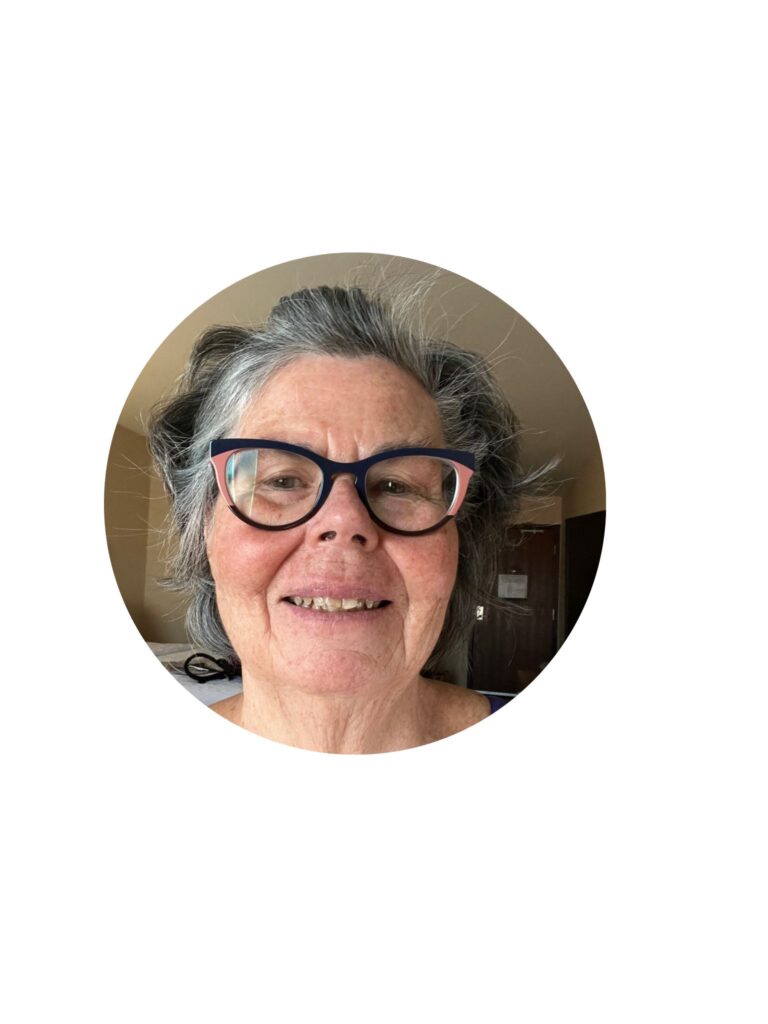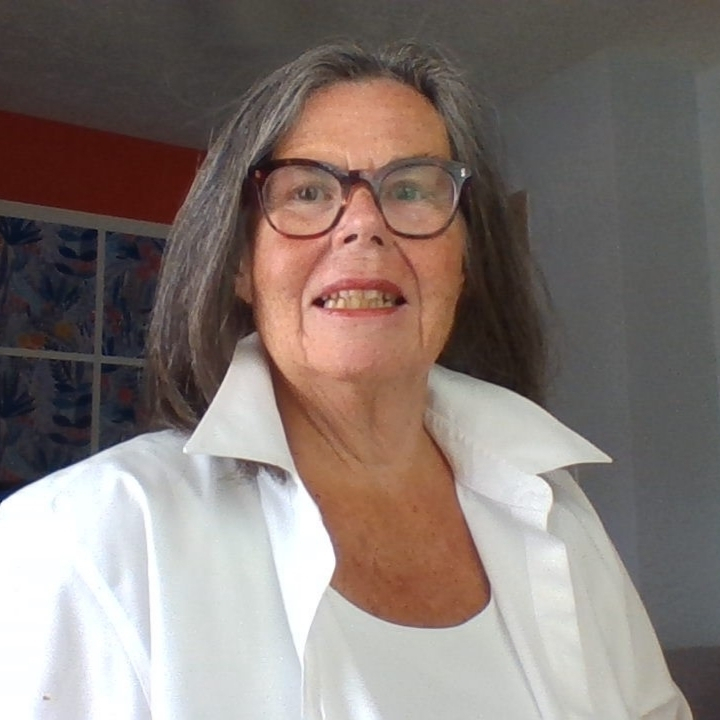As humans, we have a predisposition towards viewing our lives with a scarcity mindset.
A scarcity mindset means you view the world as a glass half empty condition. We’ve evolved — well, the primitive part of our brains has evolved — to keep us safe. We spent eons trying to avoid pain or death. The world was literally out to get us.
We were always trying to conserve energy lest we have to run for our lives. And there were never enough opportunities for pleasure — a good meal or something more intimate.
It’s no wonder we fall into a cycle of “not enough” and never just feeling free.
For those who think about or retired before the accepted age, it seems a part of the motivation is to be free. Freer from the work a day world’s constraints. They don’t want to be trading their time for money any longer.
One belief about retirement is it provides enough time to do whatever we want.
While we’re still in the work a day world, we often buy into a belief that we don’t have enough free time to do what we want. We don’t stop to question if that’s really true.
Time was never the obstacle
There are authors who wrote their first best seller while working as the CEO of their company. There are side-hustlers who make time to generate more revenue on the side than their salary.
For many, the problem of not having enough free-time carries over into retirement.
Likely, you’ve never actually done much of what you’ve always wanted to do with your time. Trying to carve out time to do so will be a change. Change scares your primitive, habit brain.
You’ve been able to override your habit brain all of your adult life. And you know changing habits of behavior takes intention. It starts with being intentional about how you think about your time.
Throughout much of our lives, we’ve allowed our brains to be managed by outsiders. We’ve adopted the beliefs and habits of parents, teachers, media, or friends, often with no evaluation.
Your reactions to the circumstances in your life are your responsibility. When something happens, you decide about how to feel and behave in response. You may make those decisions unconsciously based upon thinking habits.
There’s nothing wrong with us, it’s just our brain’s way of saving energy and keeping us safe.
If there are activities or results, you thought retirement would make easier, and you’re not doing them, ask yourself why.
Have a conversation with yourself and write it down.
Pulling our thoughts out of our brain and putting them down on paper makes them less overwhelming, less scary, possibly.
I dabbled in writing and teaching throughout my years of paid work. I’ve also had a habit of not doing what I’ve planned or said I wanted to do.
A morning journaling conversation with myself might go something like:
“Why didn’t you write any new content yesterday?”
and I could see myself write.
“I didn’t have time.” “I didn’t have any ideas.”
And I have to ask myself whether those thoughts are true, or how do those thoughts serve me. I might even ask myself what I was feeling when there were a few minutes on the calendar and I could have jotted down some ideas for an article.
As you look back over the last week, how much time have you invested in creating the experiences, relationships, or art you intended to? Consider checking in with yourself by asking, “If I knew I was going to die tomorrow, would I have any regrets about how I spent my time this last week?”
Invest your time don’t just fritter it away
When you write your answer to the question, you will gain some insight into how to invest the time you have in the week ahead.
Taking action towards what you’ve always wanted in your life continues to be harder than we think in retirement. Time was never the real constraint.
The real constraint is in your mind. Learning to listen to what you want and taking action on the commitments you make to yourself will take practice. You are the only authority you have to listen to at this stage.
Stepping away from the habit of doing what seems safe and taking action to realize dreams we have will require new practices.
New thoughts, beliefs, and practices take time to develop. What are you willing to stop doing to make time to practice something new?



